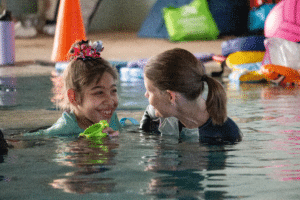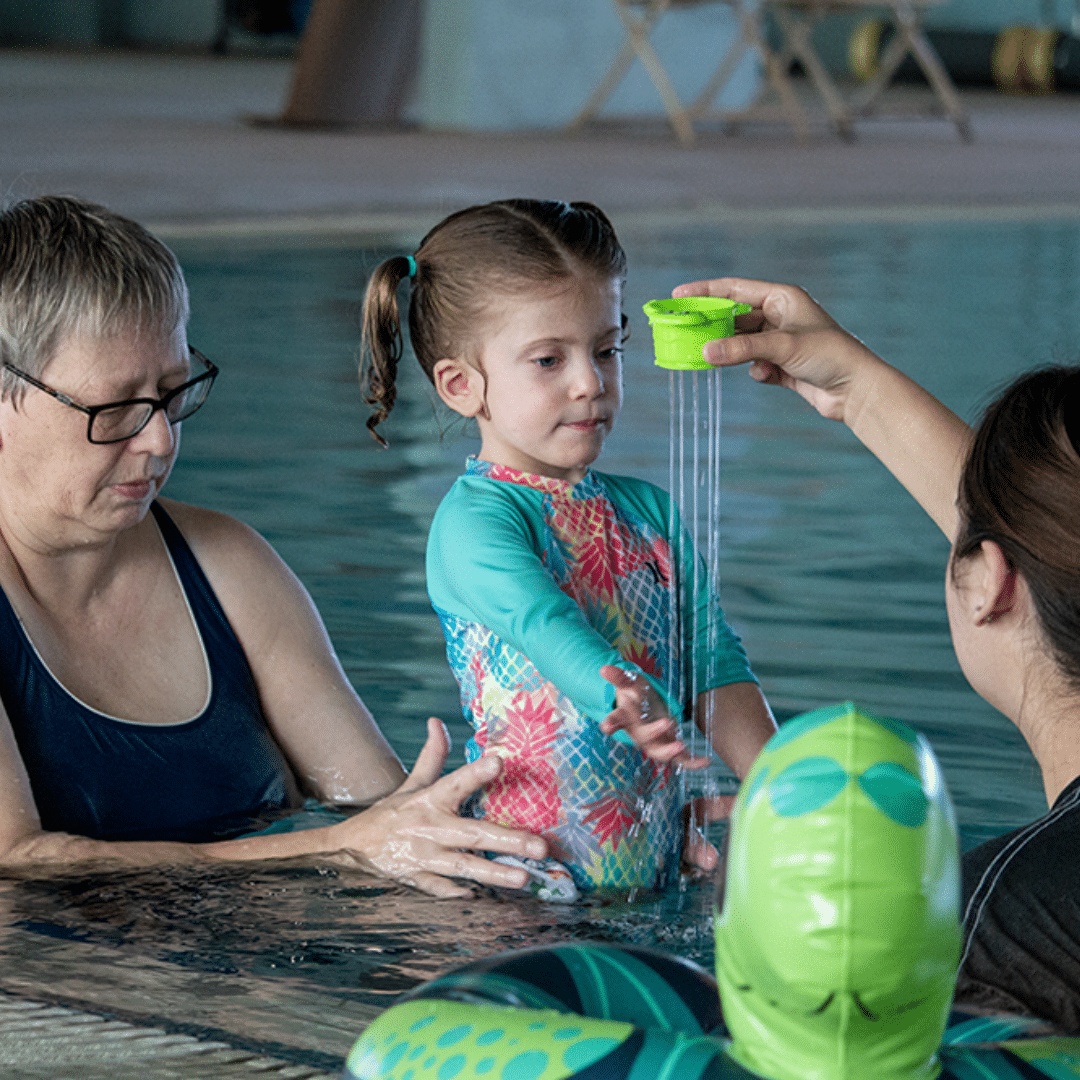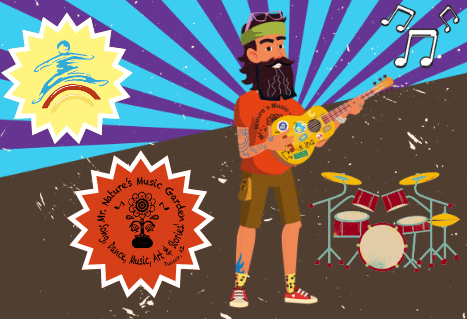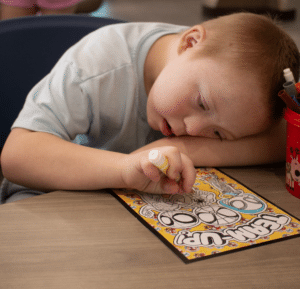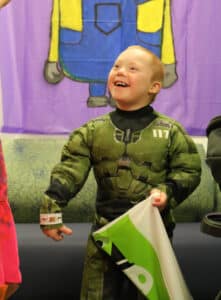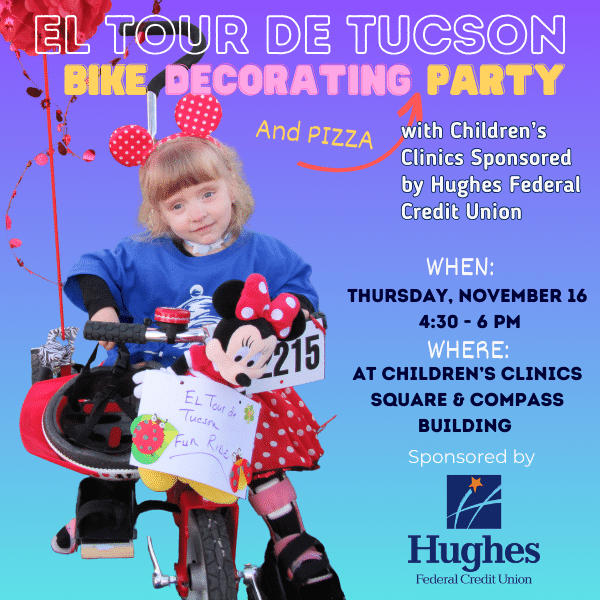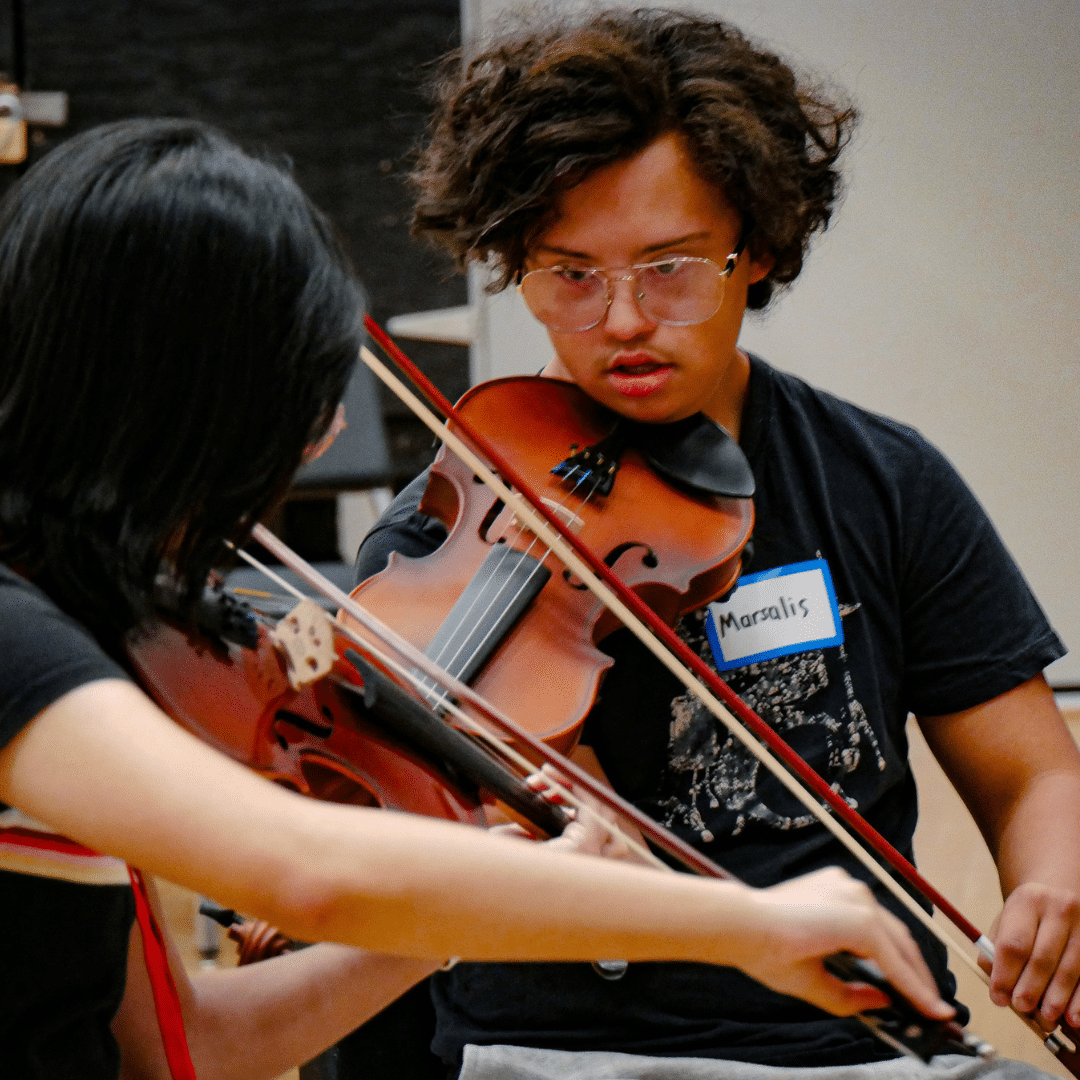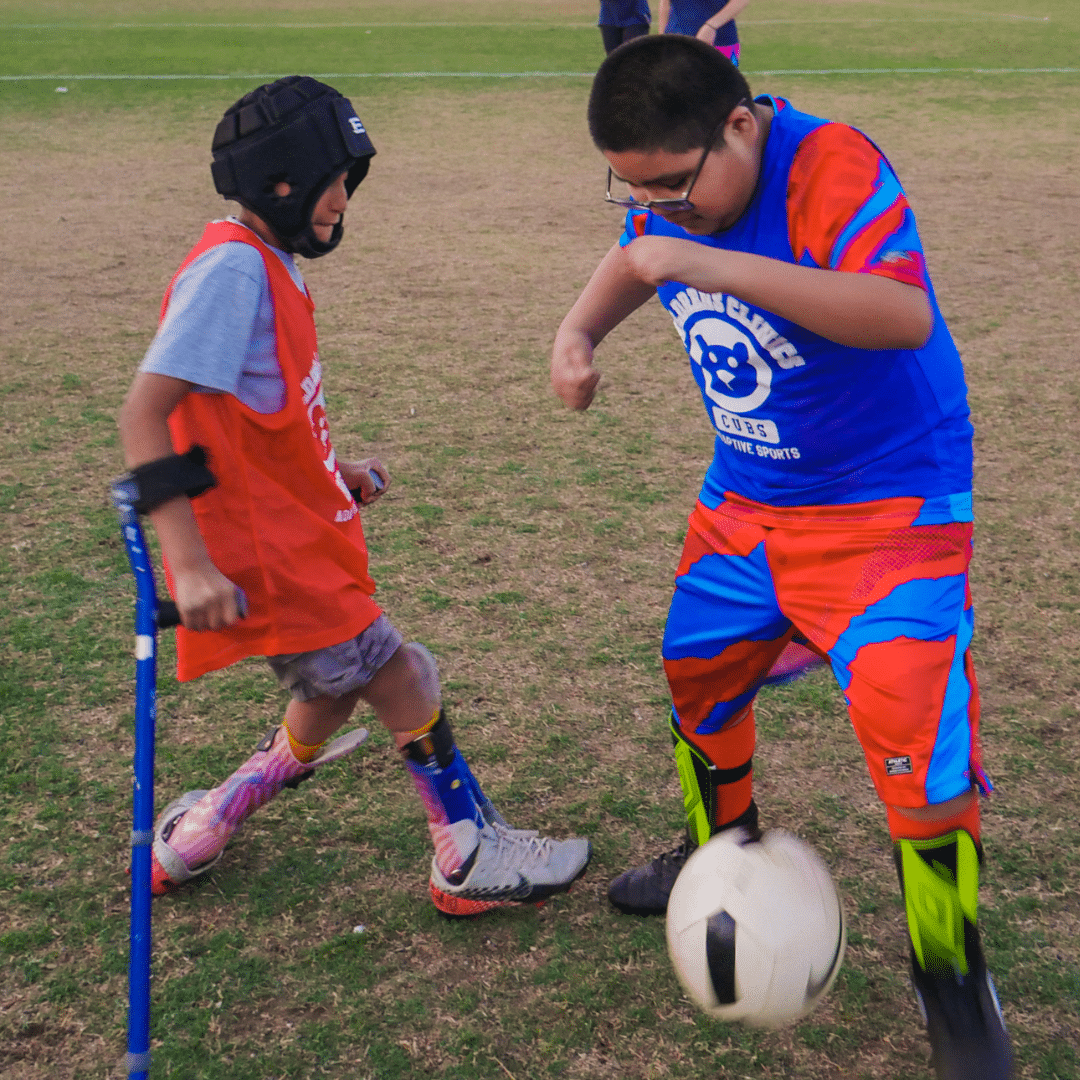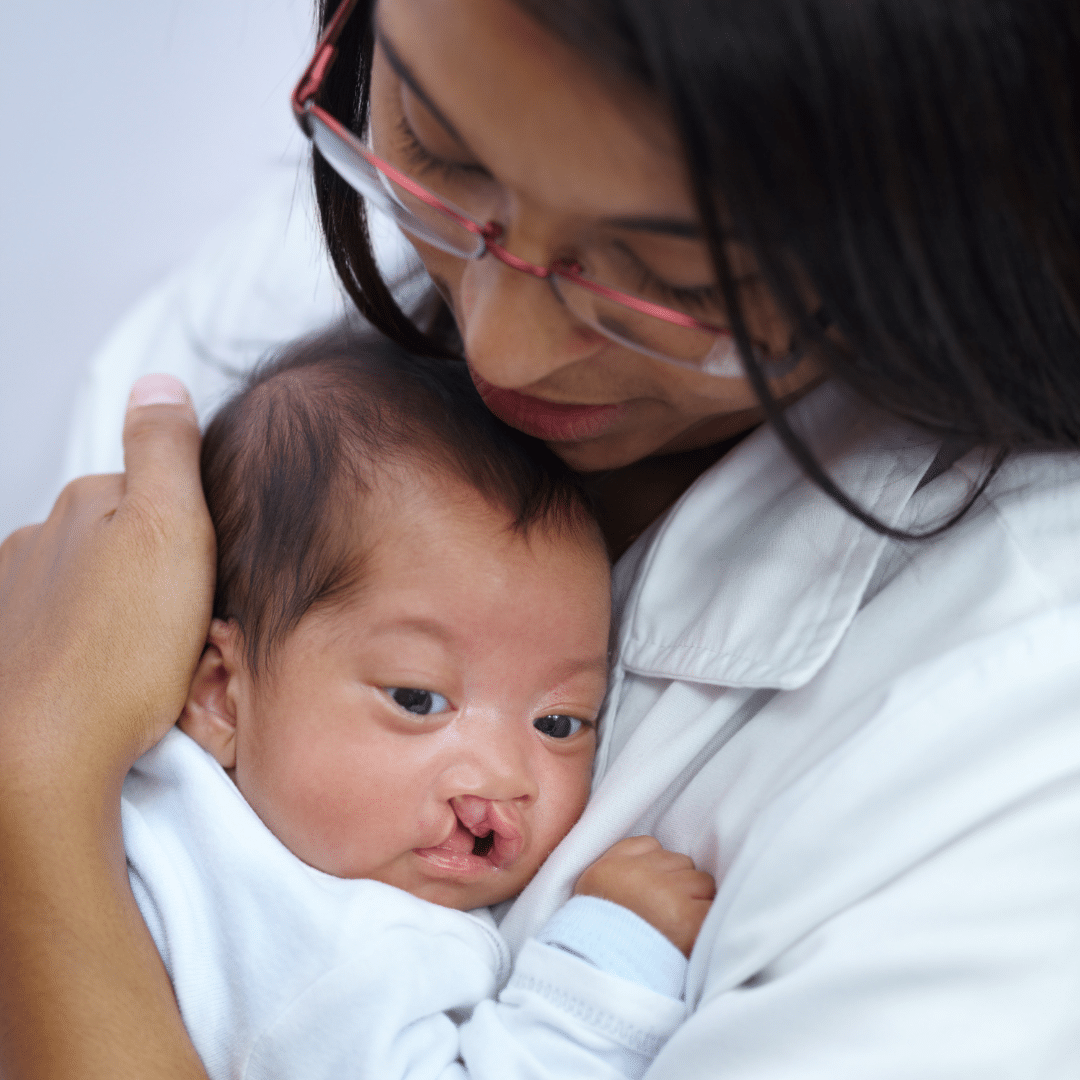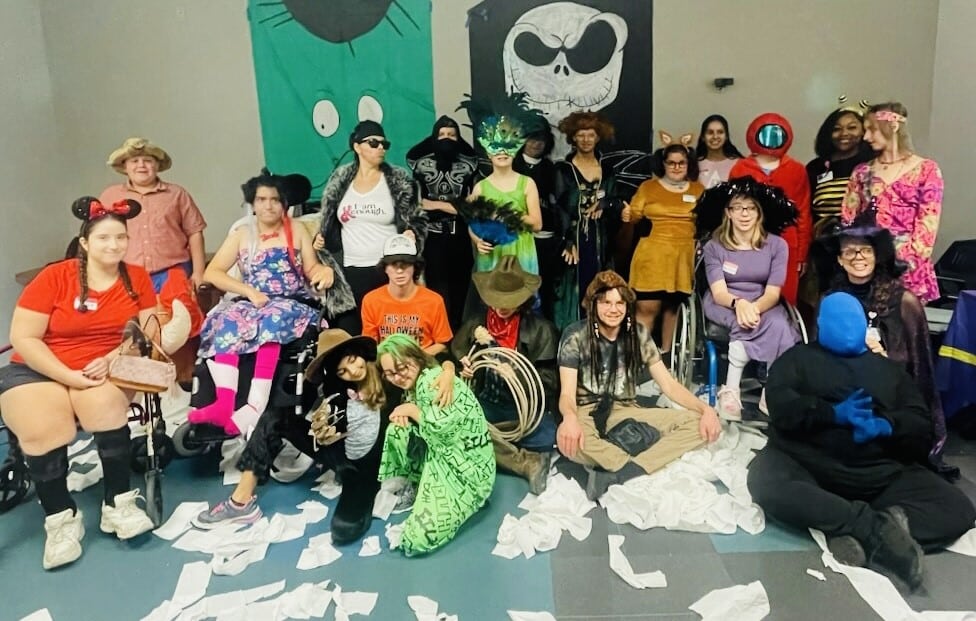There is something magical about the weightless feeling of floating in a pool, letting the water carry you effortlessly. It’s a reprieve from Earth’s gravity and it’s in the water where you are allowed to utilize your body in different ways.
A pool offers a unique environment for a wide range of therapeutic activities and benefits making it an ideal setting for therapy to occur. It’s not even necessary to have an Olympic-sized pool with expensive technology to obtain positive outcomes. Even in a basic, heated pool, therapists can provide meaningful, personalized treatment that is based on each individual’s needs.
It was exactly those positive outcomes that the Children’s Clinics’ rehabilitation team strove for when they launched the Aquatic Therapy program two and a half years ago. Despite the slight setback with the pandemic, the program has been moving forward steadily and the benefits of the program are being fully realized.
Some of the children that have benefited most are the kids who can’t move on land. When there’s less weight to carry, joints and muscles tend to move more easily. This buoyancy is the ultimate platform to be able to access any part of the body. The ease of movement buoyancy allows, and the gentle resistance being in water provides, are used in activities that help achieve therapy goals.
“Right now, they’ve been in the pool for eight weeks (a typical session), and they’re more confident in their movements and have better body awareness,” said Rafael “Ricky” Figueroa, a physical therapist at Children’s Clinics. “We’re very proud of that whole body input that the water provides. It’s easier to know where your legs and arms are in that space (water). So then when we translate that to land, it’s there. And ultimately, that’s our whole goal is to have this translate to the land because unfortunately, we don’t live in the water.”
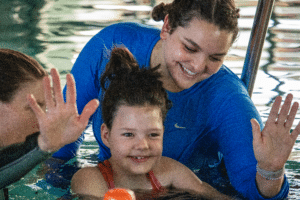
Aqua therapy is not prescribed for every patient. A team of physical therapists, occupational therapists, and speech and language pathologists at Children’s Clinics take into consideration many factors before assigning this specific therapy to patients. However, for those patients who do experience aquatic therapy, the impact is significant. The warm, buoyant water allows the individual to feel free and lightweight by reducing body weight by up to 90%. Children that are normally chair-bound can move freely in the water allowing a freedom they normally wouldn’t experience on land.
Other benefits of Aqua Therapy are plentiful. The act of just kicking across the pool helps with an increased range of motion, improves muscle strength, and enhances cardiovascular fitness. In addition, the act of merely being in the pool boosts balance and coordination, helps with social interaction, and overall increases confidence and self-esteem. Even the heated water of the pool promotes muscle relaxation and has a calming effect on the body and mind.
Aquatic therapy may be nontraditional, but its benefits and outcomes are impactful and worth pursuing for patients. Plus, it is a fulfillment of Children’s Clinics’ mission to provide exceptional care even if it occurs in a wet and weightless environment.
